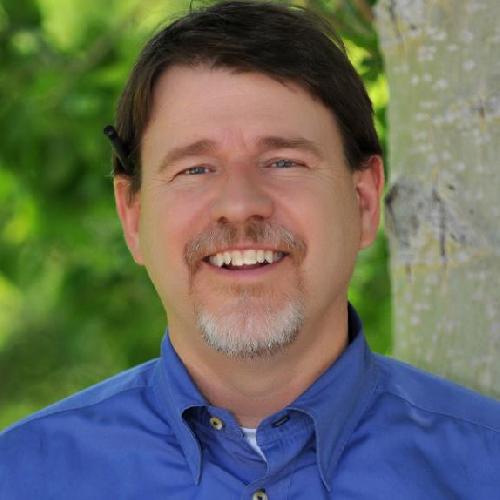A new study by University of Colorado Anschutz Medical Campus researchers confirms the success of a new patient-engagement method called Boot Camp Translation, which turns complex medical screening guidelines into locally relevant health messages. Multiple studies show that use of the process has improved cancer testing, asthma management and hypertension control.
The article appears in the April issue of the journal Health Affairs, the nation's leading journal of health policy thought and research and was authored by Jack Westfall, MD, director of the High Plains Research Network at the CU School of Medicine and colleagues from the Colorado Clinical and Translational Sciences Institute.
"Our work shows that all research stages may benefit from patient engagement and the translation of complex medical jargon into locally relevant language," said Jack Westfall, MD. "What if patients were involved in the creation of evidence-based guidelines from the beginning? The final recommendations would be more patient-centered and ultimately more effective."
 Dr. Jack Westfall is pictured. Credit: University of Colorado Anschutz Medical Campus
Dr. Jack Westfall is pictured. Credit: University of Colorado Anschutz Medical Campus
The High Plains Research Network's Community Advisory Council, made up of farmers, teachers and other community members in eastern Colorado, identified a lack of community knowledge about colon cancer and developed the Boot Camp Translation process in 2005. The Colorado Clinical and Translational Sciences Institute tested the Boot Camp Translation process in communities throughout the United States from 2012 to 2015, using the process more than twenty-five times to address colon cancer prevention, hypertension, asthma, diabetes, depression and other community health concerns.
The paper, "Reinventing the Wheel of Medical Evidence: How the Boot Camp Translation Process is Making Gains" provides a brief history of the process and describes its use to translate and disseminate evidence-based medical guidelines. The process has successfully engaged in long-term research projects with patients in rural, urban, African American and Latino communities in Colorado, Iowa, Oregon, North Carolina and Wisconsin.
Boot Camp Translation is a robust eight-month program in which patients and community members become citizen experts on a clinical topic that they have previously designated as a priority. In conference calls and in-person meetings, the community and participating research group learn together about the topic, craft messages with information they want family and neighbors to know and design dissemination methods to get health messages and materials into the community. The final messages are evidence-based and meaningful at the local level.
With evidence of Bootcamp Translation's success, policymakers can support deeper patient engagement throughout the entire medical research enterprise. The result is that investment in medical discovery will better benefit the communities, practices and patients who pay for it.
source: University of Colorado Anschutz Medical Campus